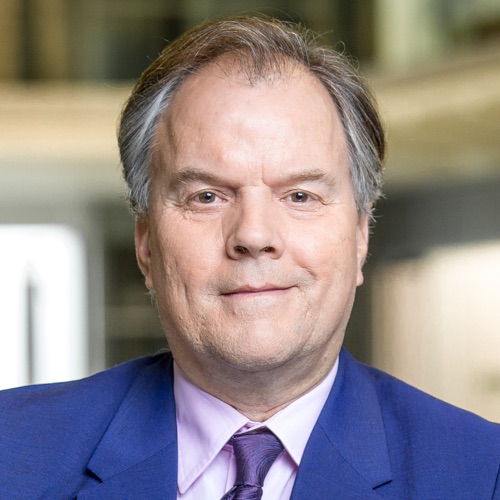Confront and conceal – the Obama approach?
When he looks in the mirror, what does Barack Obama see? A Nobel peace prize winner or a war time commander in chief? Reckless warrior or constitutional lawyer? And what do WE now see?
These questions have never seemed more poignant thanks to a series of revelations most of them made by David Sanger, veteran reporter of the New York Times, who has documented in forensic detail how Obama himself has presided over the expansion of cyber warfare and the use of drones as his weapon of choice. 
The drone attacks increased five fold under President Obama to almost 100 a year. Their targets are a so called “kill list”, which the president presides over himself, while – according to the New York Times – consulting his conscience with the help of St.Thomas Aquinas or Augustin. Obama, the philosopher king.
Then there is the increase in cyber-warfare. The Stuxnet virus disabled a quarter of the centrifuges at Iran’s nuclear plant at Natanz in 2010, before it leaked out to the wider cyber world. The Flame virus was a way of emptying the inbox of Iran’s nuclear scientists into the inbox of the CIA.
Both programs, dubbed “Olympic Games” were initiated under George W. Bush, who secretly urged Obama to keep them on when he moved to the White House. The new president did just that even as he pledged to become a different kind of leader and promised, for instance, to shut down Guantanamo Bay within a year. How different things turned out.
Sitting on a bench in a small park opposite the British Embassy Sanger told me how Obama, the master of drones and cyber warfare, perfectly embodied the new security doctrine of a light footprint. “The American public and its leaders have lost their appetite for sending vast armies abroad to indulge in questionable occupations. They have run out of money and patience. This doctrine makes perfect sense and it shows Obama as being supremely pragmatic.”
Sanger’s book is called “Confront and Conceal”, which perfectly sums up the Obama approach. He also told me how when Bush started “Olympic Games” his cyber security team built a replica enrichment plant and reduced it to rubble with the virus that literally orders the machinery to self destruct. Bush was shown a piece of rubble in the Oval Office. He wanted physical proof that the stuff worked. Obama, ever the lawyer, has been more interested in the legal and moral implications of his actions. Hence, I suppose, St.Thomas Aquinas and Augustin.
Sanger and a small group of other journalists from the New York Times have been able to report on the entrails of Obama’s covert war in such detail that administration opponents have claimed these were orchestrated leaks designed to make Obama look tougher than he really is. Sen. John McCain, who was defeated by Obama in 2008 has been leading the charge saying that this was an outrageous tampering with national security. The president has shot back, denouncing such charges as wrong and irresponsible.
There are now two FBI investigations under way into alleged leaks and Washington is expecting a summer shower of subpoenas. Personally, I wonder if the leaks would have been necessary to beef up the image of a President who is already credited with the slaying of Osama Bin Laden.
I put this to David Sanger and asked him whether he had been leaked to by the administration to make Obama look tougher. He laughed and said that he had started his investigation from the bottom up, long before the beginning of the latest election campaign. “It’s not like in the movies”, he scoffed, “when people hand you leaks in brown envelopes, sitting on pretty park benches like this one.”
So back to the question. What kind of president is this? Certainly not the kind that America thought it had elected almost four years ago. Barack Obama has indeed turned out to be supremely pragmatic. But in a country as divided as this that could also mean steering the middle course between disappointment from the left and disdain from the right.
Follow Matt Frei on Twitter
